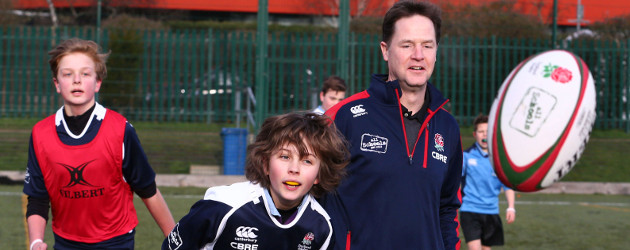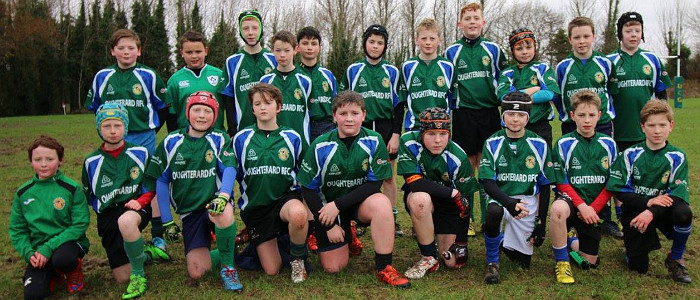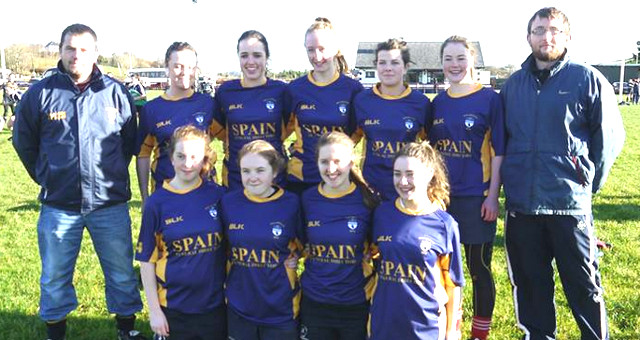DEPUTY PRIME MINISTER VISITS TWICKENHAM TO CELEBRATE RUGBY WORLD CUP LEGACY
London, 2 February 2015 – The Deputy Prime Minister visited Twickenham today to mark the start of the biggest year in history for English rugby
The visit comes just four days before the start of the Six Nations and amid preparations for the 2015 World Cup, which will be hosted across 11 different cities and 13 different venues from Brighton to Newcastle.
Today the Deputy Prime Minister visited Twickenham Academy with Business Secretary and Twickenham MP Vince Cable to take part in an ‘All Schools’ rugby training session with some first year secondary school children.
He was joined by England’s most capped player, Jason Leonard, and Lydia Thompson from the England Women’s Rugby World Cup winning squad and took part in a game of end ball and any direction tag.
Deputy Prime Minister Nick Clegg said:
“We all remember the incredible success of the 2012 Olympics and the 2014 Grand Départ of the Tour de France in Yorkshire. They both left a legacy that the whole country can be proud of.
“This year, we have the privilege of hosting the Rugby World Cup and it promises to the biggest ever for English rugby.
“Not only will it bring billions of pounds to our economy and create thousands of jobs but it will leave a lasting legacy, building on the work here at the Twickenham Academy, inspiring youngsters from every background to pick up a ball.
“I want to wish the England team the best of luck in the year ahead. Let’s make 2015 another great sporting year for this country.
Ciaran Bird, Managing Director, CBRE UK, the commercial property adviser and Principal Partner of the All Schools Programme said:
“As an employer, it is particularly exciting to be involved in All Schools. When done right, sport, particularly rugby, has the potential to increase diversity among its participants and unlock skills that can really set candidates apart in the job market. With so many unemployed young people in the UK, and a growing number of graduates fresh out of university looking for jobs, employers need to take a proactive approach to mobilise this talent-pool. I am confident that rugby can help achieve this and create a legacy for the World Cup that extends beyond the pitch.”
RFU Chief Executive Ian Ritchie said:
“This is an extremely important year for us. We have an overarching objective to develop rugby in England and the World Cup provides the ultimate shop window in order for us to grow the game. We want to be able to look back and say – great we have more people playing, coaching, refereeing and volunteering than ever before.”
“The RFU has committed over £25 million to date, to a seven strand legacy project which includes the provision of better facilities, developing more coaches and with All Schools – taking rugby to state secondary schools that haven’t previously played the sport.”
Building a legacy:
By 2019 there will be 750 new state secondary schools playing rugby as part of the RFU’s All Schools Programme, supported by Principal Partner CBRE, which helps schools start and continue to play rugby. All Schools provides kit and equipment, coaching, staff training and importantly club links. With over 300 school already in the programme the RFU is on track to meet the target of 400 schools (200,000 secondary school children) playing rugby by the start of the Rugby World Cup in September this year.




